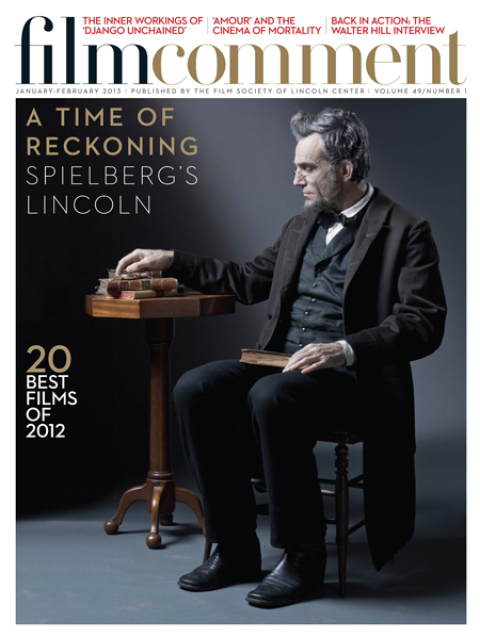
Abbas Kiarostami’s second successive film made outside of Iran—following the Tuscan setting of 2010’s Certified Copy—concerns a series of minor misunderstandings in and around Tokyo. A naïve Japanese call girl arrives at the home of an elderly writer. She maneuvers herself quickly into his bed. He’s taken aback; the only thing he’s really looking forward to is dinner conversation. The next morning, when he drives her to her classes at a university, they inadvertently run into her fiancé, a seemingly unstable individual who assumes that the old man is her grandfather. Since it’s better not to correct this misperception—and thereby reveal, among other things, how the young woman is financing her education—awkwardness ensues.
Like Someone in Love—as in Certified Copy—works its charms via ambiguity. Certified Copy deliberately confuses the viewer by withholding information about the prior relationship of its main characters (i.e., do they in fact have one?). The movie gives the audience the upper hand: we are privy to the confusion that’s been foisted upon the volatile boyfriend.
It’s probably no coincidence that these two loosely complementary films conclude with camera compositions that look through windows—specifically, from interiors toward the outside world. Both stories end, that is, with visual openings; and both prompt the viewer to ponder the question: what will happen next? It’s as if Kiarostami’s films are philosophical preludes. When they come to an end, the real action can start.








